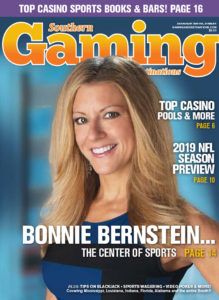Jan 3, 2019 | Gaming News, Slots & Video Poker Tips & Strategies
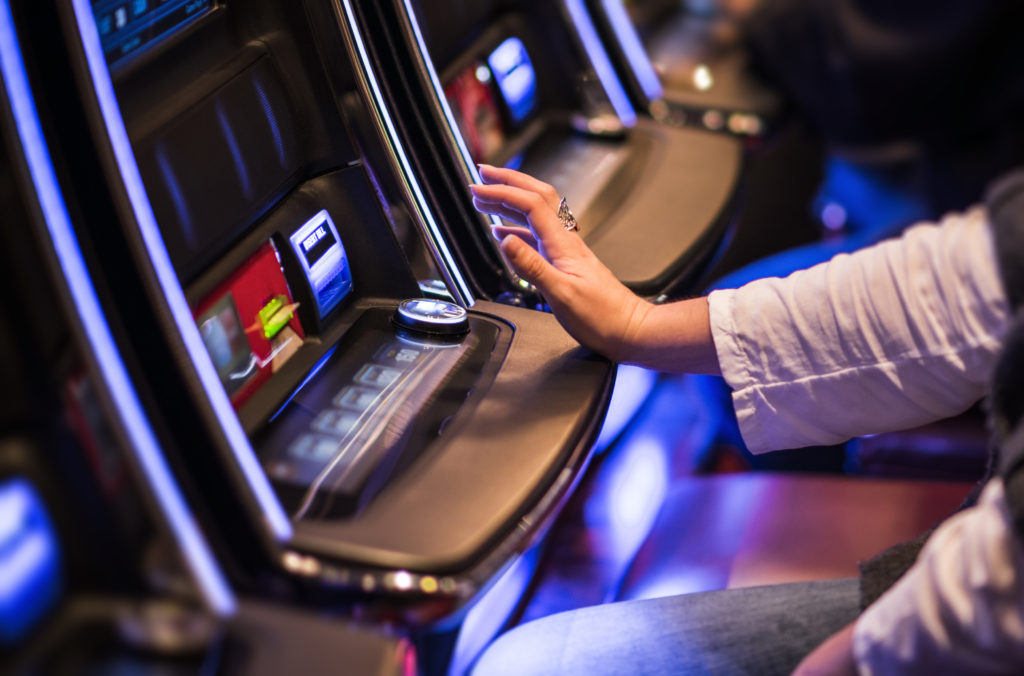
I can remember my mom saying that when life deals you lemons you should make lemonade. Beyonce even had a blockbuster album called “Lemonade”, so I guess moms everywhere (and grandmothers in Bey’s case, since she passed the adage and recipe on to the star’s mom) have some of the same feel-good maxims. It’s not just true about life in general, but also applies to the world of gambling. You might logically assume that with all the competition for players, casinos would be offering better odds than before, but that’s not the case at all. Instead, there are more greedy hands stuck out for pieces of the pie than ever before and our legislative regulators are merrily lowering the minimum ER (expected return) on a state-by-state basis. You may have sworn that if house odds were increased at your expense, then you’d never again enter a casino, but that’s like an ultimatum when angry with your partner; it may not happen. In the mercurial case of casinos your best bet may be to make lemonade. (more…)
Jan 3, 2019 | Gaming News, Other Tips, Poker Tips
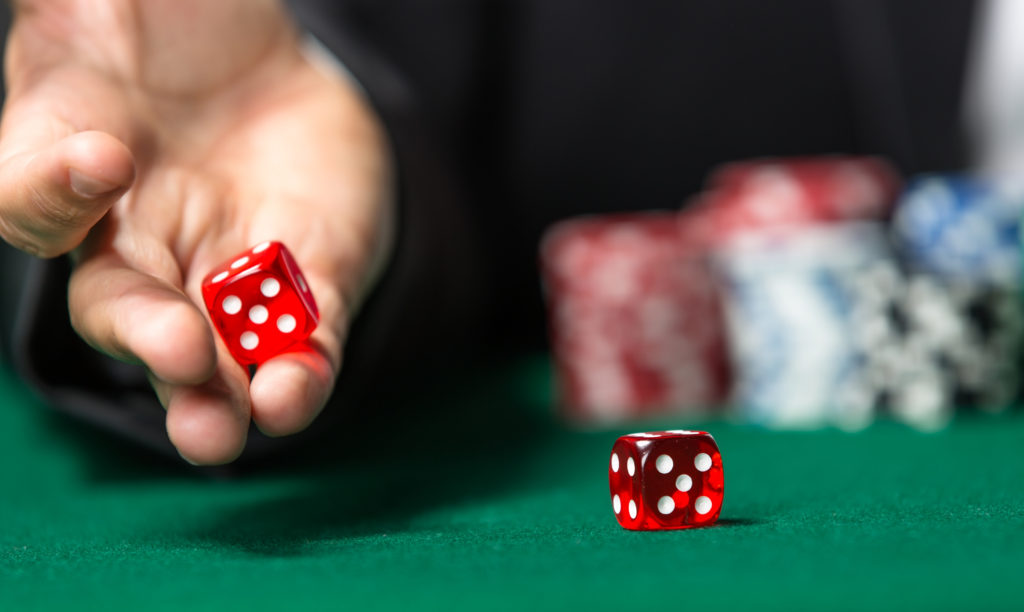
When you read gambling books and articles, you sometimes see a distinction made between the “short run” (tonight, this weekend, this week, this month) of a few hundred or a few thousand decisions, and the “long run” (a few years or more) of millions of decisions. In the short run, anything can (and does) happen. Players can go on incredible streaks of improbable wins or equally improbable losses.
The long run is a very long time. Usually, it can be stated as the amount of time, or number of decisions, necessary for the probabilities to be within a given range of results. A coin flip will be, in the long run, faster than a roulette wheel because a coin flip has only two possible decisions and a roulette wheel has 37 or 38, depending on the type of wheel. As I stated, in the long run, the math of a game will win out over any aberrations that take place tonight. (more…)
Jan 2, 2019 | Gaming News, Other Tips


In some ways, taking a vacation today is more troublesome than ever. Long security lines at airports, the prevalence of airline delays (customer satisfaction with America’s airlines continues to nose dive), the rising cost of fuel, a weakened dollar and the need for passports even to fly from the U.S. to Canada have all conspired to make travelers grumble. According to the Bureau
of Transportation Statistics, 24.3 percent of flights in the United States arrive late; 21.3 percent register a late departure.
(more…)
Jan 2, 2019 | Gaming News, Poker Tips

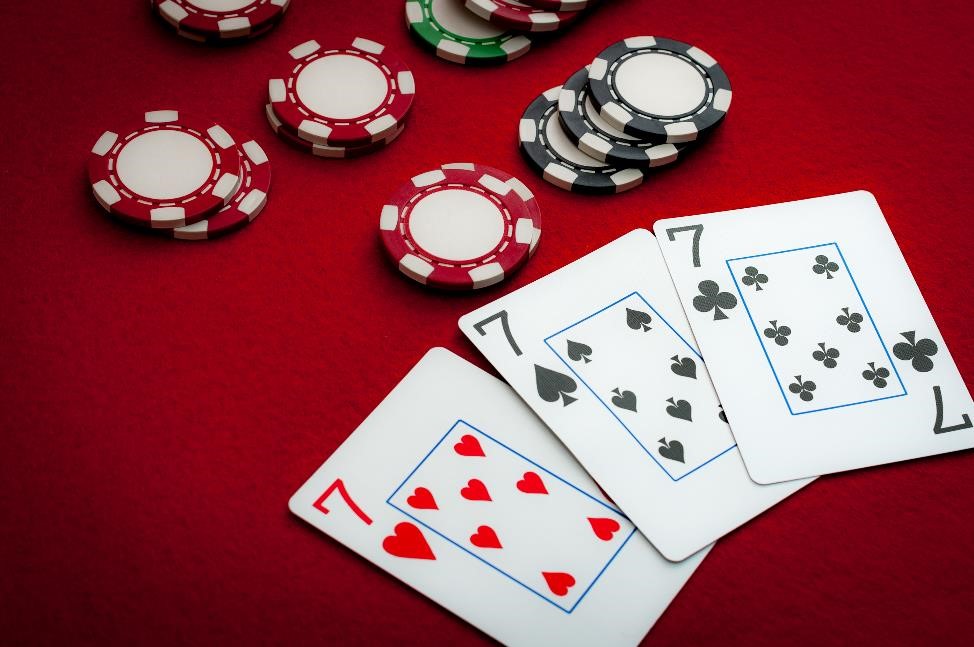
Three Card Poker and Mississippi Stud Poker are two of the hottest table games around. Their popularity doesn’t challenge long time player favorites blackjack and craps, but in some states they draw more players than baccarat or even roulette.
HOW GOOD IS YOUR SHOT TO WIN AT THOSE GAMES? WHAT IS THE HOUSE EDGE?
Those are questions that need to be answered in multiple steps, because both are games with more than one round of betting.The house edge can be expressed as a percentage of the ante that starts either game, or it can be expressed as a percentage of the average total wager, once subsequent bets are considered.Some people refer to these as “house edge vs. the ante” and “house edge vs. total action.”
(more…)
Dec 6, 2018 | Gaming News, Sports Tips
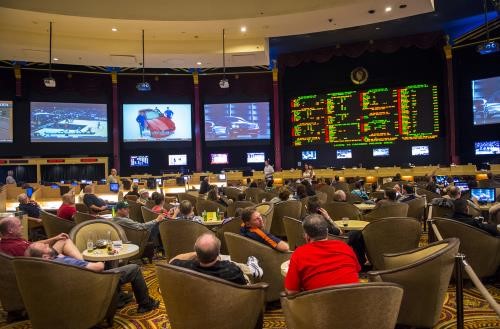
“You can lay a small amount of money to win a large amount of money in return.”
Jay Rood is MGM Resorts Vice President of Race & Sports Book Operations and provides strategic direction, management and oversight of daily operations for all Race & Sports Books across MGM Resorts properties that offer sports wagering. Jay began his career with MGM Resorts as a Sports Book Ticket Writer at MGM Grand Las Vegas on the resort’s opening day in 1993. He believes sports betting is a fun and engaging way for experts and newcomers alike to enjoy a game or sporting event. Matt Villano caught up with him to answer some of the basics of betting questions that are applicable to all skill levels.
Matt Villano: For first-timers, what’s the most important thing to know about a Race & Sports Book?
Jay Rood: The Sports Book can be intimidating, but it’s critical to remember that the staff is there to help you get comfortable. Don’t be afraid to come to the counter and ask a ticket writer for directions. If you have questions about how to make a bet, they can help.
MV: The odds board has a lot of numbers. How can novices make sense of it all?
JR: It’s just like looking at a newspaper in that it’s laid out in columns. In each column, the matchups are on the left, odds are on the right. Lines scroll through depending on the number of games each day. You can find the odds on the video display boards in the Sports Book. We also print hard-copy sheets with all the lines clearly labeled with headers; these are organized by sport. If you don’t see the sheet you are looking for, ask one of our friendly staff.
MV: What are some basic dos and don’ts at the betting window?
JR: It’s very helpful when bettors use the Bet Numbers associated with each wager listed on the odds boards. That makes the transaction both faster and clearer. The ticket writer knows exactly what you want to bet and there’s less confusion. It’s also important to be aware of what’s going on around you. If you come to the window at a busy time – thirty minutes before kick-off on an NFL Sunday – there are going to be longer lines of people trying to get a bet down before the game. That’s probably not an ideal time to ask detailed questions. But if you come up at noon on a Tuesday, you can ask all the questions in the world.
MV: What should bettors look for in placing bets?
JR: We usually say that bettors should seek “value” in bets, but everybody places value on different things. Someone might think a line at -7 is great value over an overrated opponent; someone else might think that line isn’t big enough. Look for what you like and the teams and odds that make you comfortable.
MV: What are the benefits of betting a parlay?
JR: People like parlays because of the compounding factor. You can lay a small amount of money to win a large amount of money in return. Are the odds against you? Absolutely. It’s hard enough picking one game correctly, much less multiple games. But if you hit, the payout can be substantial. For example, 12-teamers pay 2,000:1. Two- and three-team parlays are much more common. Those usually pay 13:5 and 6:1 [respectively].
MV: When a game ends, how should bettors go about cashing out?
JR: There aren’t any protocols for this; it all depends on your personal style. If you need to leave the book in a hurry, you want to be at the counter when the final score gets loaded into the computer – usually about three minutes after the game ends (though sometimes it’s a 10- or 15-minute wait, especially during big events). Otherwise, it’s fine to come back later in the day. There are a lot of people who enjoy the experience of waiting in line – everyone’s usually high-fiving and cheering a win. If you’re cashing a ticket, you’re happy. Why not soak that up? But be aware of the expiration date on your ticket. Make sure you collect your winnings before it expires.
MV: How can I cash my winning ticket if I am not in town to go to the window?
JR: If you’ve won a future bet you placed back before the start of the season or just had to race to catch a plane before the end of the game, we’re happy to cash your winning ticket by mail. Follow the instructions printed on the back of your ticket.
Want more? Jay Rood offers more insights from his 25 years of industry experience in his video series, #BehindTheBook. Follow @Jay_Rood on Twitter for an insider’s look at sports betting.
By Matt Villano
Dec 3, 2018 | Gaming News, Poker Tips, Winning Tips
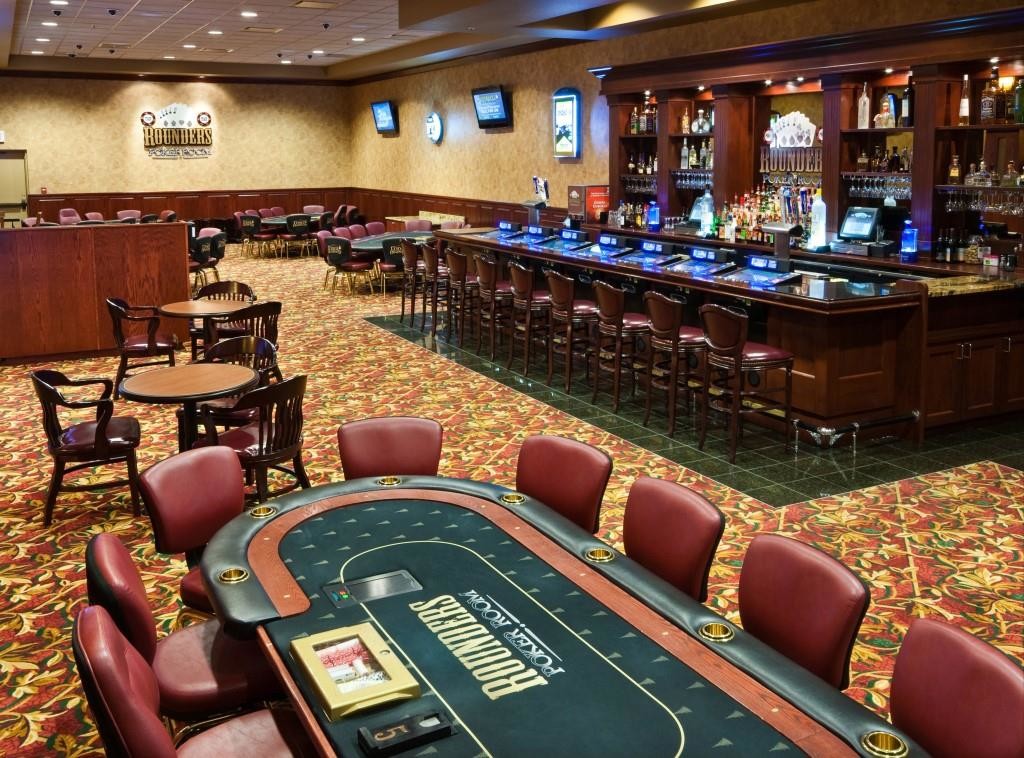
Here is a big news flash that will catapult you immediately from an intermediate player to an expert if you are not there already. The most important skill any player can develop at the poker table is the ability to read other players’ personalities, betting patterns, and, ultimately, their cards.
It is a euphoric feeling for the beginner when she realizes that although each player is dealt two personal, private cards, it is sometimes possible to know with near certainty what someone’s two hidden cards are. It’s almost as though you can see through both the cards and into a player’s brain to gather the information you need to make a good call, a good fold, or a great bluff. To be effective in reading cards, one must watch patterns. Is he aggressive, raising at every opportunity, or is he quietly calling? Such information will reveal the cards to you just as surely as if he were playing with his hand face up. (more…)












